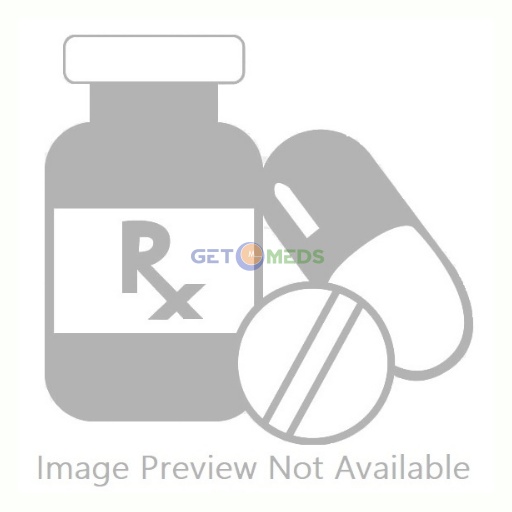All Details About Flexon
Find out detailed description, uses, directions of use, side effects, warnings and precautions, frequently asked questions about Flexon
Description:
Flexon Tablet contains two painkiller medicines. They work together to reduce pain, fever, and inflammation. It is used to treat many conditions such as headache, muscle pain, pain during periods, toothache, and joint pain.
Flexon Tablet is best taken with food to reduce side effects. The dose and how often you need it will be decided by your doctor. You should take it regularly as advised by your doctor. Medicines used to treat pain are usually best taken at the first sign of pain. It is meant for short-term use only. Consult your doctor if the symptoms persist or worsen or if the medicine is required for use beyond 3 days
Uses:
Take this medicine in the dose and duration as advised by your doctor. Swallow it as a whole. Do not chew, crush or break it. Flexon Tablet is to be taken with food.
Directions For Use:
- You have been prescribed this combination medicine to relieve pain, inflammation, and fever.
- Take it with food to avoid getting an upset stomach.
- Take it as per the dose and duration prescribed by your doctor. Long-term use may lead to stomach bleeding and kidney problems.
Side Effects:
Most side effects do not require any medical attention and disappear as your body adjusts to the medicine. Consult your doctor if they persist or if you’re worried about them
Common side effects of Flexon
- Heartburn
- Indigestion
- Nausea
- Stomach pain
Warning & Precautions:
- You are an elderly person.
- You may have high blood pressure or heart, kidney or liver diseases.
- Experience stomach bleeding and ulcers after taking medicine.
- You have a history of or suffer from asthma & nasal allergy.
- You may suffer from an immune disorder, where your immune system acts against the body tissues.
- You may have a hereditary disorder like G6PD deficiency or porphyria (blood disorders).
FAQs:
Q. Is it safe to use Flexon Tablet?
Flexon Tablet is safe for most patients. However, in some patients, it may cause some unwanted side effects like nausea, vomiting, stomach pain, heartburn and diarrhea. Inform your doctor if you experience any persistent problem due to this medication.
Q. Can I stop taking Flexon Tablet when my pain is relieved?
Flexon Tablet should be continued as advised by your doctor, if you are using the medicine for a condition associated with long-term pain. It can be discontinued if you are using it for short-term pain relief.
Q. Can the use of Flexon Tablet cause nausea and vomiting?
Yes, the use of Flexon Tablet may cause nausea and vomiting. Taking it with milk, food or antacids can prevent nausea. Avoid taking fatty or fried foods along with this medication. In case of vomiting, drink plenty of water or other fluids by taking small frequent sips. Talk to your doctor if vomiting persists and you notice signs of dehydration, like dark colored and strong-smelling urine or a low frequency of urination. Do not take any other medicines without speaking to your doctor.
Disclaimer:
Getomeds primary intention is to ensure that its consumers get information that is reviewed by experts, accurate, and trustworthy. The information and contents of this website are for informational purposes only. They are not intended to be a substitute for professional medical advice, diagnosis, or treatment. Please seek the advice of your doctor and discuss all of your concerns about any disease or medication. Do not disregard or postpone seeking professional medical advice because of something you read on Getomeds. Our mission is to support, not replace, the doctor-patient relationship.
